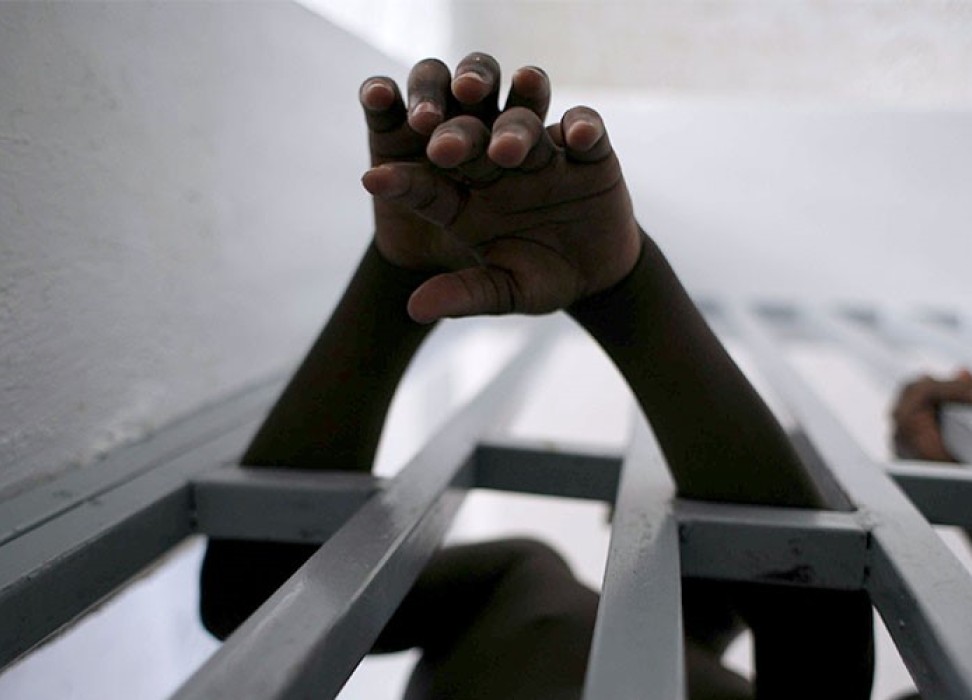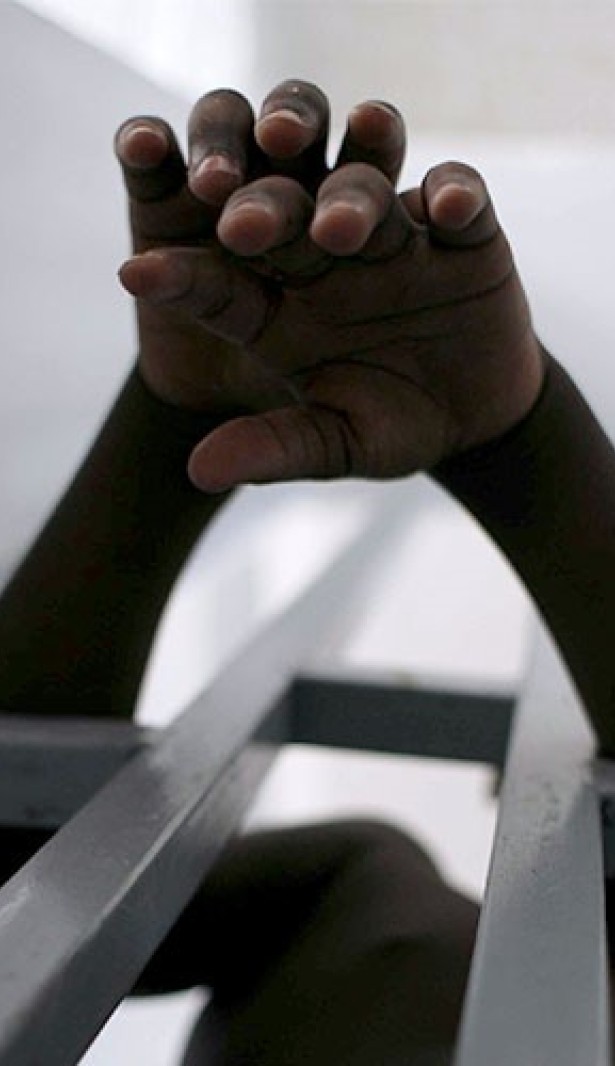'Ghost of corruption' leads to torture and ill-treatment, UN expert says
13 March 2019

Special Rapporteur on Torture Nils Melzer has outlined the inextricable link between corruption and torture in his recent report presented at the 40th session of the United Nations Human Rights Council.
The report focuses on torture and corruption in places of detention.
During his visits to prisons and detention centres, Melzer has noted a “ghost of corruption that permeates the environment, conducive to ill treatment and torture.”
“Corruption permeates government policy, law making and the administration of justice in ways which undermine every aspect of the fight against torture,” he said at a side event following the presentation of his report in Geneva.
He recognised that corruption is widespread in both developed and developing states, although its characteristics vary according to the context.
Connection between corruption and torture ‘is staring you in the face’
Also present at the side event was Malcolm Evans, Chairperson of the Subcommittee on Prevention of Torture: “When you are speaking to detainees in prisons, the connection between corruption and torture is not a matter of doubt. It is obvious. It is staring you in the face.”
“One of the things that surprises me most is why so little has been said about it in the past. Without doubt, corruption is one of the key drivers of ill treatment in many detention settings today.”
Evans continued saying that corruption essentially creates lawless spaces, where the normal application of law does not apply. “In situations where normal things don’t apply, power relationships step in and dominate. And in prison and detention settings, where there are enormous power imbalances, one of the key drivers of the definition of torture relates to powerlessness.”
He said that prevention strategies against torture must therefore include significant efforts to tackle corruption.
Key recommendations to fight corruption and torture
In light of his findings, Melzer made a number of recommendations in his report. He urged States to establish fully independent monitoring to prevent both corruption and torture.
He said States should adopt policies of “zero tolerance” for corruption, torture and ill-treatment throughout all branches of public authority.
He also advised that States should proactively integrate their anti-torture and anti-corruption policies and practices.
One of the other main recommendations was the need for States to ratify the UN Convention Against Corruption, the UN Convention Against Torture and its Optional Protocol.
To date, 94 States have not taken any action on the Optional Protocol. Doing this, according to Evans, “would at least be a sign of commitment, even if it is not a guarantor of success.”
13 March 2019




